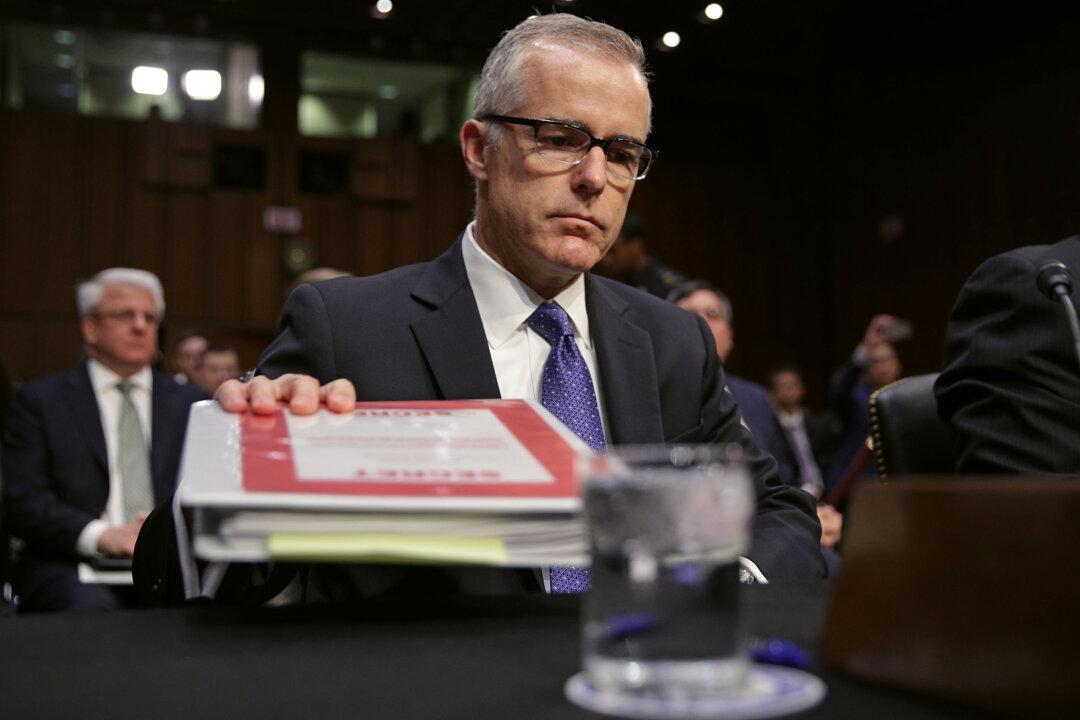WASHINGTON—Fourteen FBI agents and executives have been referred since Jan. 18 to the bureau’s Office of Professional Responsibility (OPR) for mishandling classified information, but only four of them have been fired, according to documents made public Aug. 6 by Judicial Watch.
Of the remaining 10 employees, four of them have received nothing more than a letter of censure in their official personnel file, while the other six were suspended without pay for periods ranging from one day to 60 days, but averaging 10.5 days.





